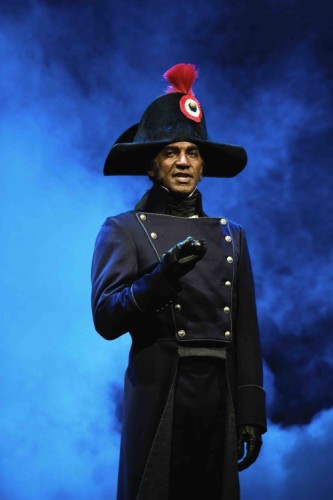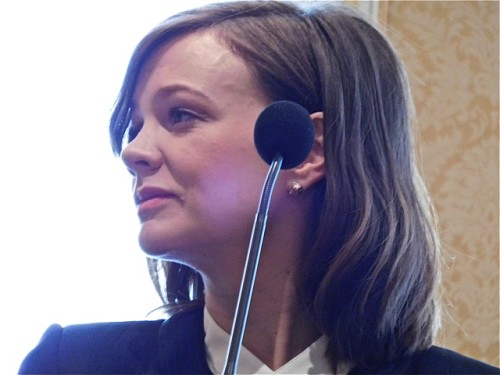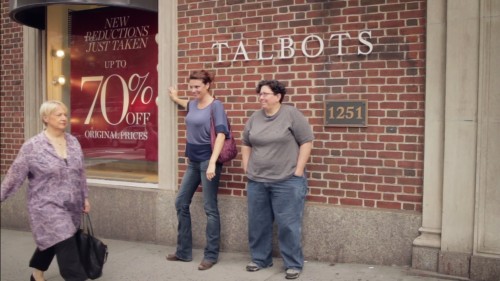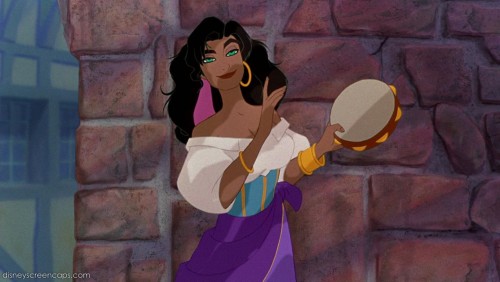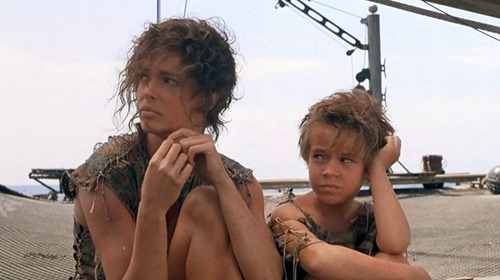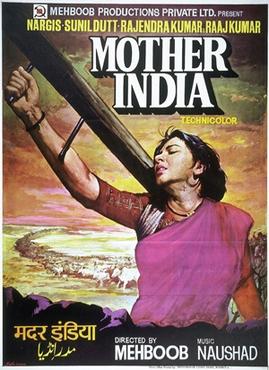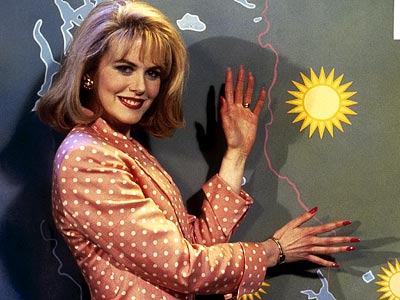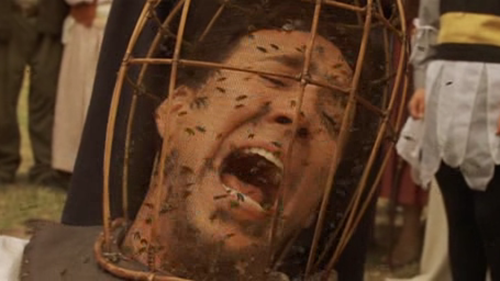“Colorblind Casting,” Whitewashing, and the Erasure of PoC Histories
Thus, theatre erases the histories of People of Color in Europe by claiming that they use “colorblind casting” instead of just “casting” when they cast a Person of Color in a role that, historically, could have been a person of color. Meanwhile, TV and film European period pieces erase that history by Whitewashing it, not casting and thereby not providing employment to, or visibility and representation of, actors who are People of Color at all.
